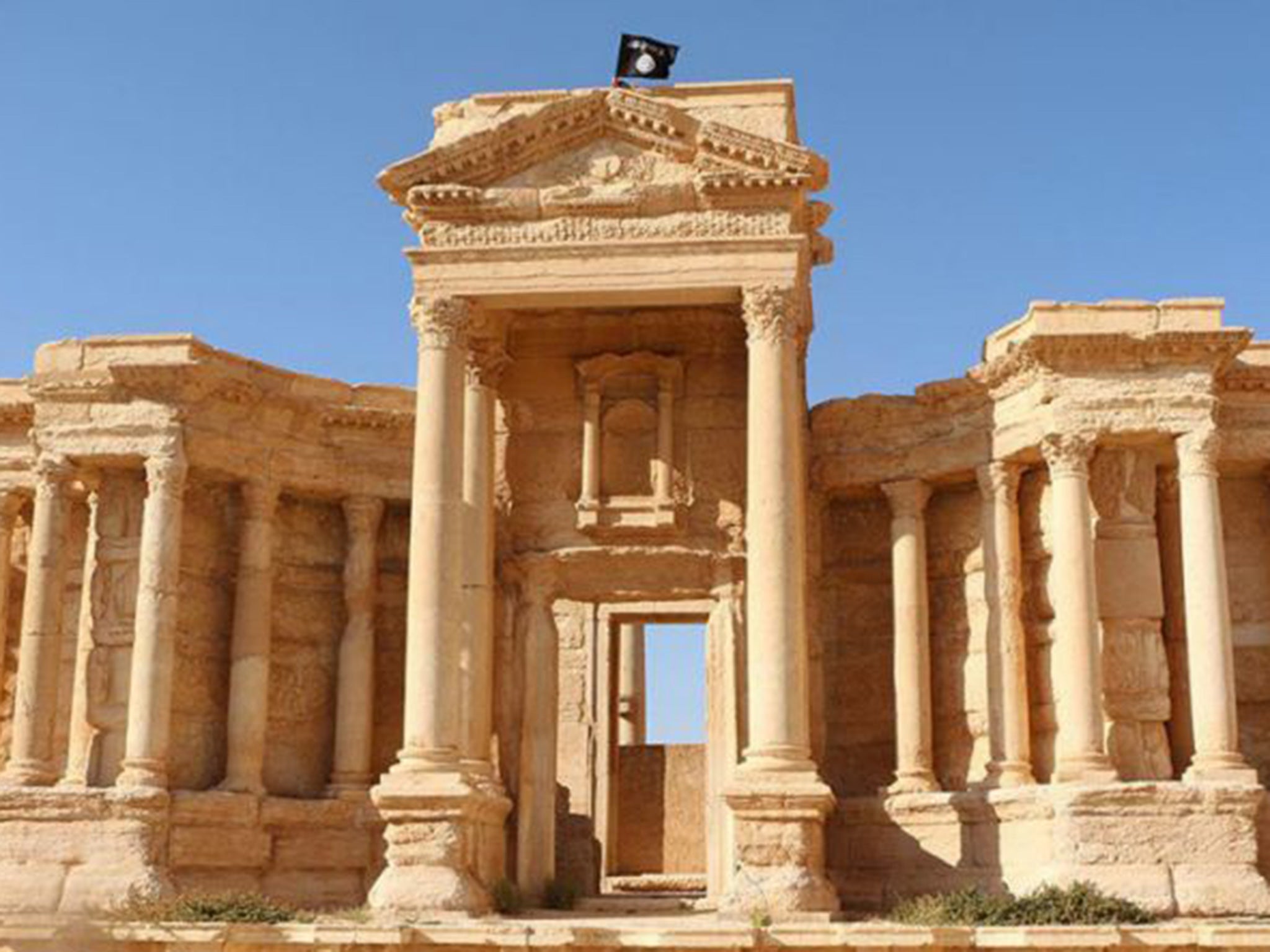Why it's time to grant Isis diplomatic recognition
When pariah states are brought into the international system, they become subject to constraints. Consider the USSR

Your support helps us to tell the story
From reproductive rights to climate change to Big Tech, The Independent is on the ground when the story is developing. Whether it's investigating the financials of Elon Musk's pro-Trump PAC or producing our latest documentary, 'The A Word', which shines a light on the American women fighting for reproductive rights, we know how important it is to parse out the facts from the messaging.
At such a critical moment in US history, we need reporters on the ground. Your donation allows us to keep sending journalists to speak to both sides of the story.
The Independent is trusted by Americans across the entire political spectrum. And unlike many other quality news outlets, we choose not to lock Americans out of our reporting and analysis with paywalls. We believe quality journalism should be available to everyone, paid for by those who can afford it.
Your support makes all the difference.Last week saw the publication of a cache of internal memos leaked from official Isis sources, including a “24-page statecraft blueprint”. The documents show that Isis has already lived up to its name, whether we like it or not.
Yet Western policies continue to deny this reality. Like the war on drugs, the war against Isis remains predicated on the flawed notion that acceptance implies legitimation. With the US and other Western countries are finally coming round to more reality-based drugs policies, the time has come to embrace the same principles of harm-reduction when it comes to international relations. Only by recognising and treating Isis as a bona fide state can we hope to understand its workings and motivations and, ultimately, contain its murderous advance across the region.
History shows that diplomatic recognition of extremist governments can make them more likely to moderate their behaviour. While pariahs are able behave with impunity, when brought within the international system, they become subject to constraints. The most striking example of this was the Soviet Union.
For three years following the revolution of 1917, the US, UK and France believed they could defeat the spread of Communism in Russia with force. Thousands of troops were deployed to fight against the Red Army in a brutal and confusing civil war, to no avail. When Vladimir Lenin finally proclaimed the creation of the USSR in 1922, Western powers refused to accept it.
Shunned by the international community, the Bolsheviks acted in much the same way as Isis do now. Thousands of churches and priceless historical artefacts were destroyed in the name of an extremist ideology. Firing squads roamed the countryside brutally executing enemies of the regime. Similarly to Isis, Russia’s new rulers recognised neither the legitimacy of neighbouring governments nor the sanctity of their borders. For example, the Communist International explicitly sought to export world revolution and sponsored armed uprisings in Germany, Hungary and Estonia.
Britain finally established diplomatic relations in 1924; nearly a decade passed before the US and most of the rest of the world followed suit. Widespread diplomatic recognition of the USSR did little to quell the internal excesses of the regime. But it did correspond to a shift in Soviet foreign policy from ideological zealotry to greater pragmatism and accommodation with its neighbours.
As the quest for world revolution was replaced with the much more modest doctrine of “Socialism in one country”, Moscow stopped actively plotting the overthrow of Western governments. While the USSR would remain a foe of the West for the next 50 years, it became a predictable and rational opponent, one that knew the rules of the game and could be counted to stick to them. In fact, for all its anxiety and terror, the cold war also produced the longest period of peace and stability between the great powers. The historian John Lewis Gaddis described it as the “long peace”.
Isis exists, and wishful thinking cannot will it away. As with the war on drugs, which has singularly failed to curb either use or trafficking, the international bombing campaign has done little to stop the self-described Caliphate from attaining the core principles of statehood. It now controls significant territory, governs a population of up to 10 million, operates an increasingly sophisticated civil service bureaucracy and has largely established a monopoly on violence. Only by accepting reality and extending diplomatic recognition to Isis can the West hope to gain a credible means to moderate and constrain its further advance. The Soviet scenario is now the least worst option: it is time to forge a long peace with militant Islam.
Join our commenting forum
Join thought-provoking conversations, follow other Independent readers and see their replies
Comments